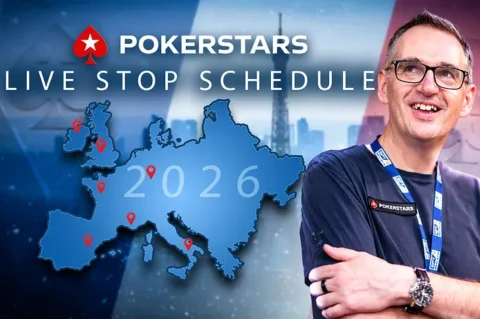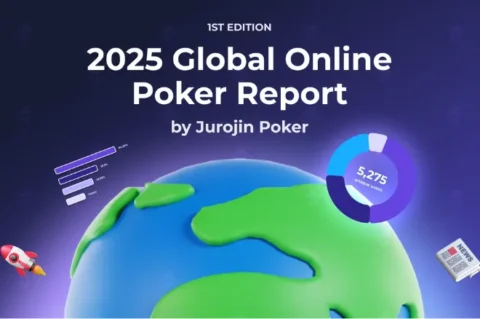The first key to being a master poker player is understanding that you won’t always be dealt a winning hand and knowing how to make the best of the cards you’ve got. Although having a weak combination of cards might seem like you’re destined to lose, playing them wisely and leveraging the game mechanics of poker can lead to a surprising win. Learning the tips and tricks of approaching every situation strategically just as competitive players do can turn the tables even for beginners.
1. Don’t Automatically Fold – Evaluate the Situation Carefully
One of the biggest mistakes when dealt a bad hand is getting into the habit of automatically folding before evaluating the situation carefully. In poker, a seemingly weak hand can be played successfully unlike other card games where unfavorable cards result in an automatic decision of folding. A great example of this is with blackjack, when a player gets a hard 16 against a dealer’s 10, the only decision is to fold since this is regarded as the worst hand in blackjack.
However, online casinos offering both games can help players practice distinguishing between these two games, especially since most offer bonuses like no deposit offers especially for new players as part of the promotional welcome bonus packages. When practicing poker using these bonuses, you can aim to learn how to read the table and possibly play conservatively depending on the dynamics of that particular game.
2. Consider Bluffing – But Be Calculated
Bluffing is deeply ingrained in poker’s gameplay mechanics and this comes in very handy when playing a weak hand. The efficacy of this strategy is that it makes other players on the table believe that you have a stronger hand, forcing them to fold which results in a win. Although bluffing is a great strategy, it shouldn’t be done blindly but it requires timing and understanding the mindset of other players.
Additionally, to be successful in the pursuit of bluffing, the ruse has to be believable, therefore being consistent with the community cards is very important. The end goal is tricking your opponents into thinking that you have the hand they believe you might have, anything at variance with that will be a tell-tale sign for them.
3. Play Conservatively and Let the Hand Develop
If you’re not sure whether or not a bluff will work, playing conservatively can give you an opportunity to see how the hand develops. So, rather than going all-in or making large bets for the sake of bluffing, consider calling smaller bets to stay in the game without committing too much.
As a result, even if the other players play their good hands poorly it will be easier to see their mistakes that you can capitalize on as the game progresses. On the other hand, you could hit a straight or flush which is essentially a drawing hand, meaning that even if you’re not a winner right away you’ll still be in the game with more insight than merely folding.
4. Use Position and Pot Odds to Your Advantage
Another factor that plays a role on whether or not you can play a bad hand is your position at the table. Sometimes this factor can be more important than the cards you were dealt especially if you’re the last person to play as there is an opportunity to see how other players approach that pot.
By noticing how opponents play, you can either quickly fold or take advantage of stealing the pot with a small bet or a raise when the table is passive. The best times to do this is when the pot is large and the cost to call is small since there is a chance that you’ll hit a straight, flush, or another drawing hand that could improve your position.
5. Know When to Fold
If the odds are stacked against you and it’s not the perfect time to bluff, or your table position doesn’t afford the opportunity to call or raise after seeing the table’s dynamics, there’s no shame in folding. As much as poker is a game of chance, knowing when to fold is a skill even the most skilled players use to minimize losses. In this case, learning how to spot bluffs from other players can preserve your chips for the next hand instead of fighting a losing battle.













